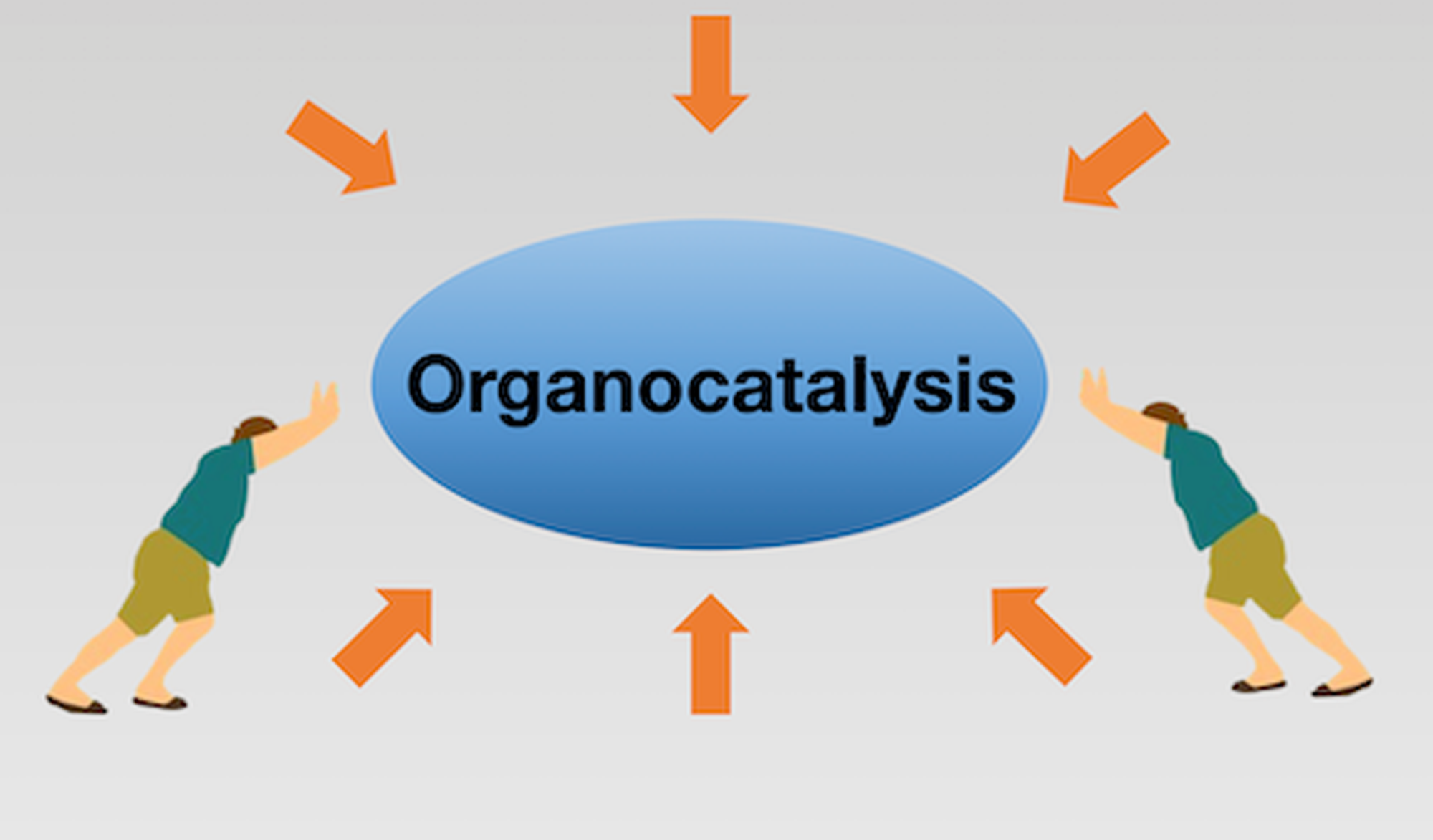Computational study of the effect of pressure on organocatalysis

The Nobel Prize of Chemistry 2021 was awarded for the development of asymmetric organocatalysis. Organocatalysis is not only useful in synthesis, but also may play a role in prebiotic chemistry. Organocatalysts may act as minimalistic pre-enzymes for life under pressure in places such as deep-sea hydrothermal vents. Research on high-pressure solution chemistry diminished coincidentally in the same time period which witnessed the emergence of what has now become an extremely active and successful field-organocatalysis. Explosive advances in organocatalysis, especially in asymmetric synthesis, were quickly achieved. Searching for new activation modes and improving catalytic efficiency (for instance, in terms of lower catalyst loading) represent current/future challenges. However, the effect of pressure on organocatalysis has rarely been studied. A basic knowledge of the effect of pressure on chemical reactions suggests that pressure could favor the binding of the catalyst to the substrate due to the volume reduction in forming the substrate-catalyst complex, and therefore enhance the reactivity. Also, a small volume difference in the transition states of competing pathways could result in a sufficiently large enthalpic difference under high pressure, so that the selectivity of the reaction may be altered.
The extreme-pressure polarizable continuum model (XP-PCM) is a recently-developed, quantum chemical method aimed to introduce the effects of the pressure on the calculation of the electronic energy of a molecular system in a dense medium via a Pauli exchange-repulsion interaction between the molecular system and the external medium. In this project, we will use the XP-PCM method to study effect of pressure on the stereoselectivity in proline-catalyzed aldol reactions.
The student will work on the following tasks:
- use quantum chemistry software (for example, Gaussian 16) to optimize the geometries of reactants, transition states, intermediates, and products, and to compute the energies, enthalpies, free energies of the optimized structures
- use the XP-PCM method to compute high-pressure reaction profiles and activation volumes of competing reaction pathways and transition states
The candidate is expected to have a good knowledge of organic chemistry. Experience with molecular modeling/simulation/calculation is preferable but not required.
